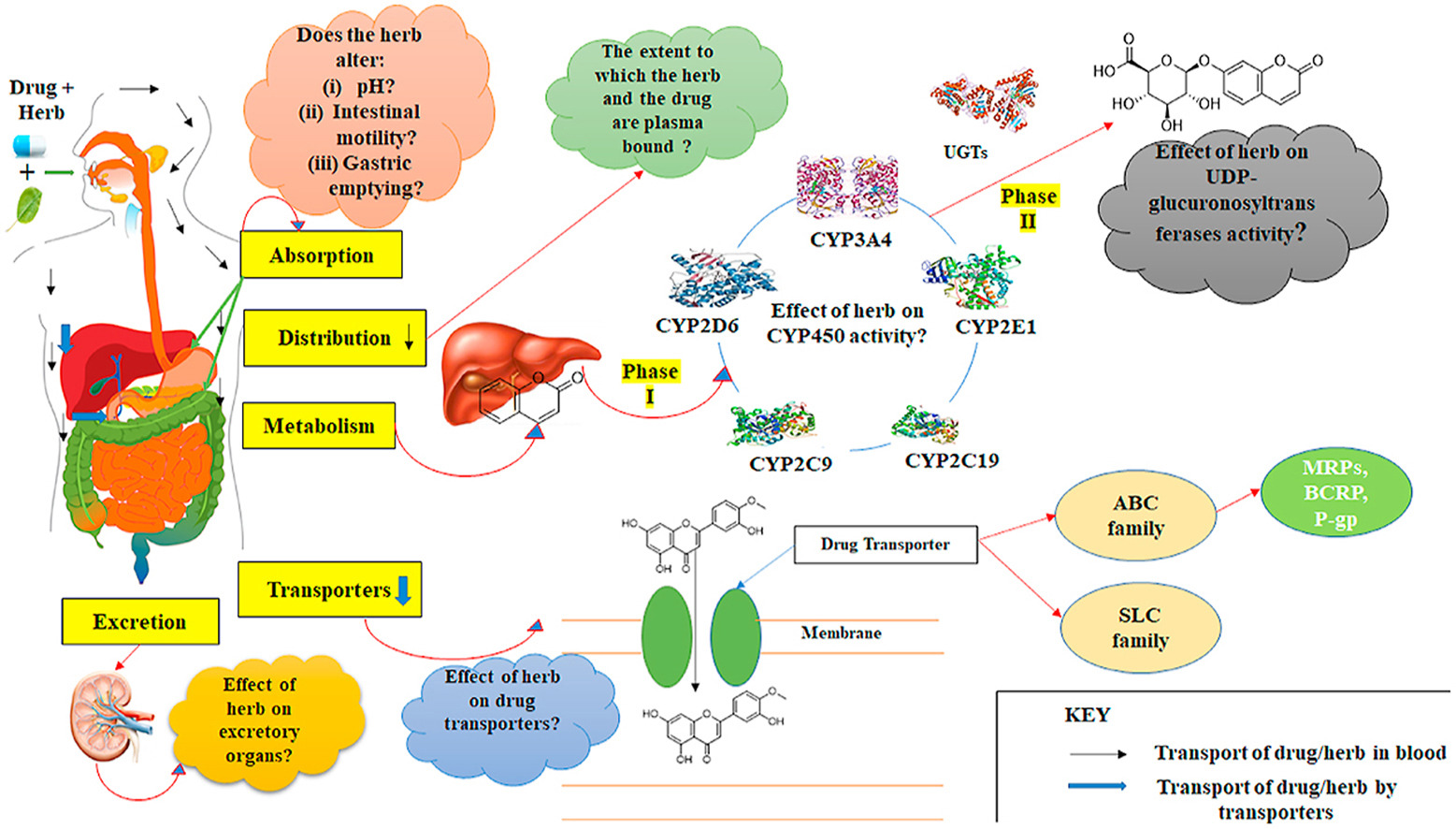
This comprehensive course provides an in-depth exploration of the drug discovery process, sources of drugs, and the various stages of drug design and development. Students will learn about the chemical properties and classifications of drugs, along with the synthesis and production of selected pharmaceuticals derived from natural sources.
Key topics include:
- Drug Discovery and Sources: Understanding where drugs originate, from natural and synthetic sources.
- Drug Design and Classification: Insight into the process of designing drugs, classifying them based on their chemical structures and therapeutic uses.
- Chemistry and Properties of Drugs: Detailed exploration of drug properties, including how chemical structure influences pharmacological activity.
- Synthesis and Production: Practical examples of synthesizing and producing drugs, particularly from natural sources like plants.
- Drug Analysis and Quality Control: Methods to ensure drug purity and effectiveness, including drug monographs.
- Phytochemical Analysis of Herbal Drugs: Focus on identifying bioactive compounds in plant-based drugs.
- Thin-Layer Chromatography (TLC): Techniques for separating and identifying compounds in a mixture.
- Spectroscopic Analysis: UV, IR, NMR, and MS methods for analyzing drugs, understanding molecular structures, and verifying purity.
- High-Performance Liquid Chromatography (HPLC) and Liquid Chromatography (LC): Advanced techniques for the separation, identification, and quantification of drug components.
- Drug Adulteration and Toxicity: Examination of issues like adulteration in herbal formulations, drug toxicity, and risks of abuse and addiction.
- Drug Metabolism: Understanding how drugs are processed in the body and the factors that influence this metabolism.
- Pharmacokinetics and Pharmacodynamics: Analysis of how drugs move through the body (absorption, distribution, metabolism, and excretion) and their biological effects.
- Comparing Orthodox and Herbal Drugs: Comparative study of traditional pharmaceutical drugs and herbal formulations for similar therapeutic applications.
- In-vitro and In-vivo Testing: Methods to test drug efficacy in controlled environments and living organisms.
- Affinity and Specificity: Techniques to assess how effectively a drug interacts with its target.
By the end of the course, students will have a comprehensive understanding of drug discovery, development, analysis, and quality control, preparing them for careers in pharmaceuticals, research, and healthcare
- Teacher: John Vershima Anyam
